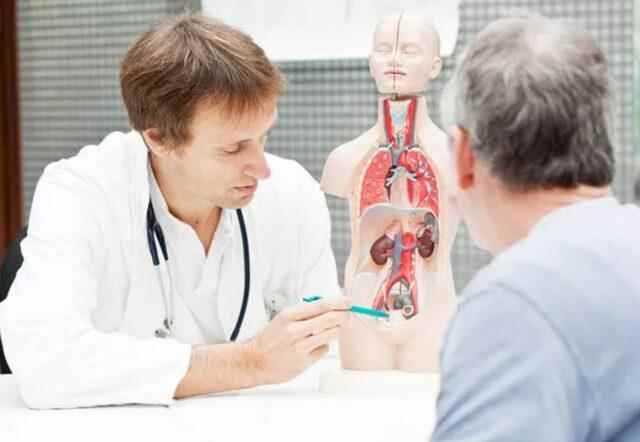Prostate cancer occurs as a result of the abnormal course of some cells that make up the prostate tissue, forming tumor structures. Prostate cancer is the most common type of cancer in men. Prostate cancer, which can lead to very dangerous results, ranks second in cancer-related deaths. Being conscious about prostate cancer, the incidence of which increases over a certain age, and a healthy diet, as in other types of cancer, save lives. Experts especially warn men over the age of 65 about prostate cancer.
ATTENTION TO NUTRITION!
Prostate cancer has increased significantly after the spread of American-style diet and lifestyle and has become the most common male cancer type and the 3rd most deadly cancer. Therefore, the relationship between nutrition and active life with prostate cancer is as follows. Nutrition affects the risk of prostate cancer as well as many cancers, the disease is much less common in Far East countries that eat low-fat and plant-based foods and fish, and in parallel, different dietary habits in the same society change the risk of prostate cancer.
PROSTATE CANCER RISK FACTORS

Age
The incidence of prostate cancer increases with age. Microscopic prostate cancer is detected in 50% of men over the age of 70 and in almost all of those over the age of 90. The disease is not common in individuals younger than 50 years of age. For this reason, prostate cancer screening is recommended for men over 50 for early detection.
genetic factors
Studies have shown that approximately 15% of patients have a history of prostate cancer in other family members. Some gene groups responsible for the formation of prostate cancer have been identified. In addition to these, obesity and smoking are among the risk factors identified for prostate cancer.
PROSTATE CANCER SYMPTOMS

burning while urinating
Straining and bleeding in the urine
bleeding in semen
In advanced stages, bone metastases, associated bone pain and sometimes fractures
